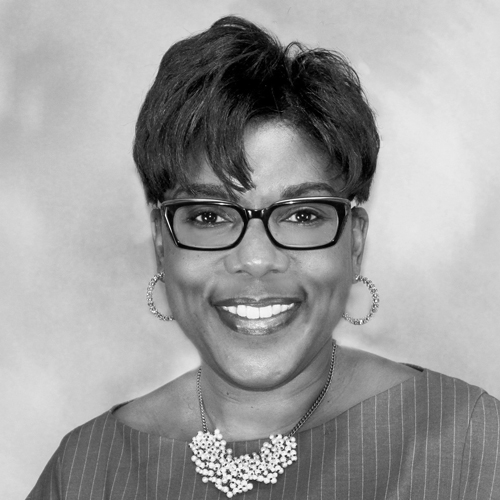Imagine joining a company just as it enters its busiest season. Within the first two months, you handle two separate catastrophes at major events hosted by your company. Three months after the busy season ends, the owner passes away, forcing a sale of the company for more than $1 billion, which you have to help manage over the course of only eight months. Then—a little more than two months into the busy season of your second year—an unprecedented snow storm forces the last-minute relocation of one of your major events, which is typically attended by 70,000 people. All of this is in addition to your normal responsibilities: following up on agreements related to a $130 million renovation project, negotiating a settlement in a class-action lawsuit you inherited, and whatever other items happen to come across your desk.
Welcome to the NFL.
Gregg Brandon became the Buffalo Bills’ first general counsel in August 2013. He faced every one of the issues outlined above during his first 14 months on the job. Specifics included: a sewer backup during his second game, which forced the closure of part of Ralph Wilson Stadium; a fan falling from the upper deck of the stadium, injuring a second man in the deck below; and the death of Ralph Wilson, owner of the Bills since 1959. His death prompted the team’s sale to Terry and Kim Pegula, which was approved by the NFL in October 2014.
Two weeks after the approval of the sale, seven feet of snow forced the last-minute relocation of a game against the New York Jets from Buffalo, New York, to Detroit. Brandon worked on the associated insurance claim and related matters by phone from his home, where he was trapped for five days. Local snowmobile owners transported players to pick-up locations for the relocated game.
In addition to managing crises as they arise, Brandon monitors and manages compliance with contractual arrangements, including those related to recent stadium renovations.
When asked how he survived his first 14 months with the Bills, he says, “I asked a lot of questions when I didn’t know the answers and asked for help when I was outside my areas of expertise. When I look back on everything that had to be addressed during my ‘rookie year,’ I have a great deal of pride and a little bit of heartburn, all at the same time.”
Despite the legal and business complexities of running an NFL team, the Bills had always gone without in-house counsel—until Brandon stepped into the position. For many years prior to his arrival, Mike Schiavone at Lipsitz Green Scime Cambria LLP provided legal advice.
Aside from the nuts and bolts of instituting new processes and procedures, Brandon also had to help nurture the idea throughout the organization of consulting with legal on major initiatives.
As part of that effort, Jeffrey Littmann, the team’s former CFO, encouraged Brandon to set up a “shadow program.” That meant spending game day, as well as much of the prior week while preparations were underway, with each department and outside agency, such as the local police. Not only did this give Brandon intimate knowledge of operations; it helped establish relationships with the individuals responsible for every aspect of managing the team and game-day operations.
“A major benefit of the shadow program was making sure the entire staff was comfortable with me and my role,” Brandon explains. “It also gave me the chance to better understand the details of what everyone does, to get to know them personally, and to assure them I was here to help, not to make their jobs more difficult.”
Other unintended benefits of shadowing were that Brandon was on the scene with the senior director of stadium operations during the sewer backup. He was there with Andy Major, vice president of operations and guest experience, to help provide first aid and obtain police statements after the fan fell from the upper deck. This gave Brandon firsthand views of both incidents, which was helpful when he needed to follow up with related insurance matters.
As part of his on-the-ground approach, Brandon instituted monthly meetings with senior executives. “I want to ensure that when they come to me, I have a clear perspective of their ongoing issues and can respond quickly and effectively,” he says. “This helps them see me as a trusted advisor and encourages them to come back for counsel in the future.”
There are ongoing challenges as the Bills adapt to having an in-house attorney. One example was realizing the day before a game that Brandon had not had an opportunity to review the contract for skydivers scheduled to perform at halftime. Brandon spent the rest of the day making sure all of the appropriate insurance coverage was in place.
Brandon believes this reflects a natural learning curve—for both himself and the organization—that will ultimately enable the Bills to be better prepared and more proactive in identifying issues and risk in the future.
For him, part of that process has been to learn the breadth of issues that go into running an NFL franchise. “There are legal matters related to security; compliance with federal, state, and local ordinances; personnel; environmental concerns; marketing and promotions; insurance; and even HIPAA guidelines for the league’s electronic medical records system,” Brandon says. “So ‘sports law’ is a misnomer. It’s taking everything I’ve learned about a broad range of issues and applying that knowledge to a sports organization.”


